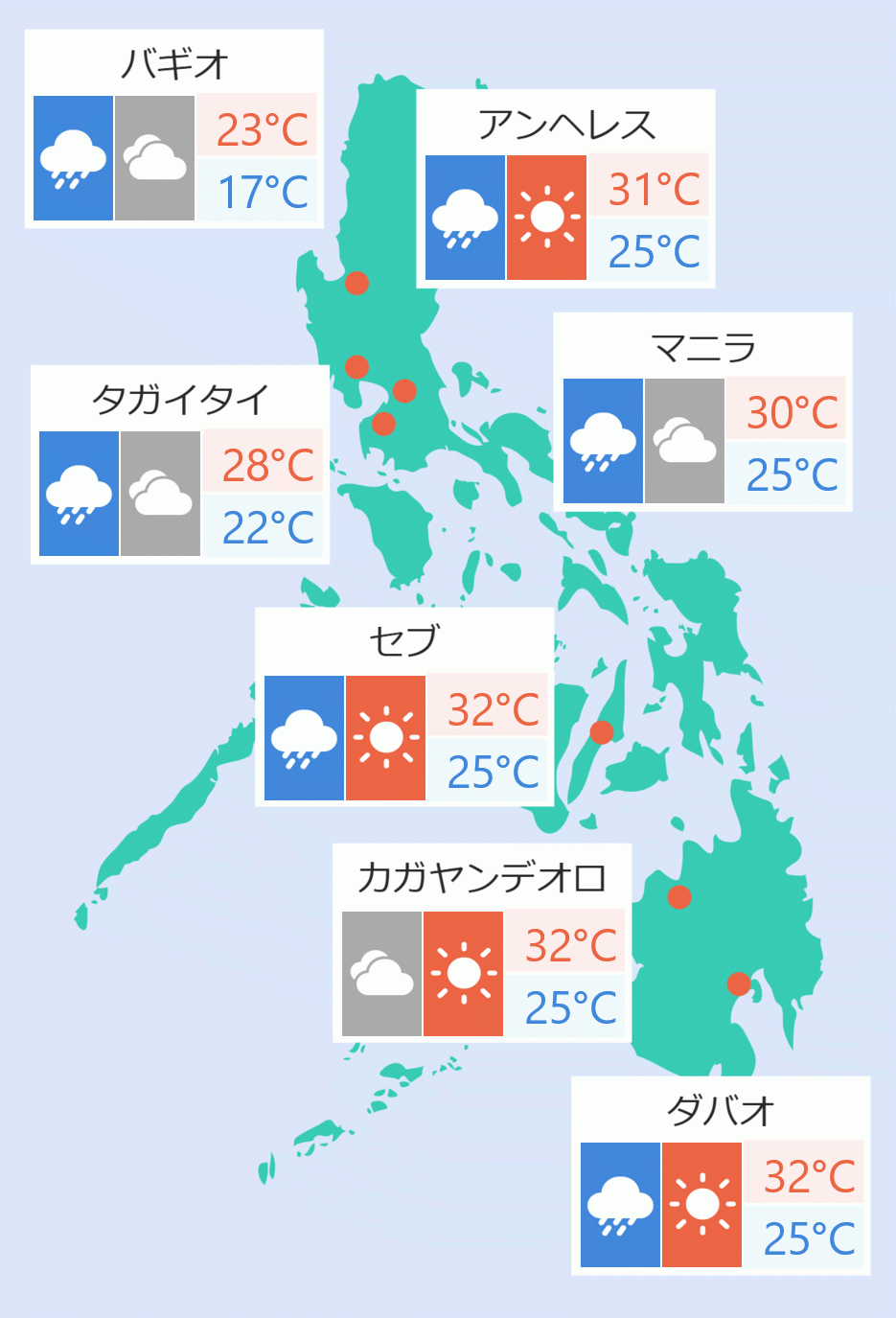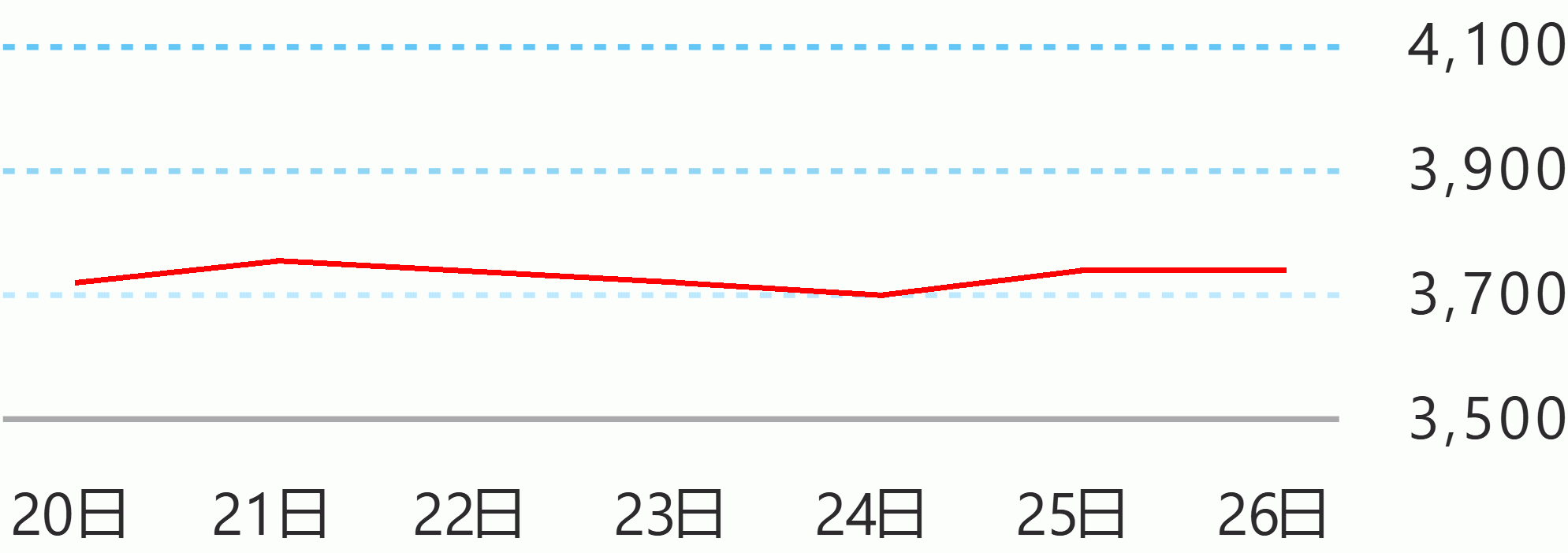Inflation for June fell to 5.4 percent, the lowest in one year, the Philippine Statistics Authority (PSA) said Wednesday.
"The headline inflation slowed down to 5.4 percent this June 2023. Last May 2023 and June 2022 the (rate were) 6.1 percent ," PSA Undersecretary Dennis Mapa said.
The average inflation from January to June is at 7.2 percent, said Mapa. This is near the government target of 5 to 6 percent.
In a media interview, President Ferdinand Marcos Jr said the government ''will continue to bring it down but that requires our success in increasing our production, making it more efficient.''
Mapa said the main reason for the decline in inflation was due to the slower increase in the heavily-weighted food and non-alcoholic beverages includes fruits and nuts, meat and sugar that went down from 7.4 percent in May to 6.7 percent in June.
Transport inflation also went down from -0.5 percent in May to -3.1 percent in June due to a fall in the prices of gasoline and diesel while the inflation of housing, water, electricity, gas and other fuels reduced from 6.5 to 5.6 percent.
On the other hand, major contributors to June inflation under food and non-alcoholic beverages were cereal products including rice, vegetables and fish and other seafoods.
Mapa mentioned that rice prices have slowly increased since February.
"The price of regular or the locally produced plus the special which is the imported both are increasing in terms of prices but very slow, we see very slow (increase), (only) few centavos every month since February," he said.
Because of the declaration of the onset of the El Nino phenomenon, Mapa said the government is monitoring the volume and value production of agriculture, livestocks and fishery products for its possible effect in the third and fourth quarter inflation.
"If the volume of production in agriculture and fisheries went down it really have an impact in the price of course, the price may increase, we are looking into it, we will report it next month or August in our second quarter report in the volume and value production in our agriculture and fisheries and from there we will see the effect of El Nino," he said. Robina Asido/DMS





 English
English









